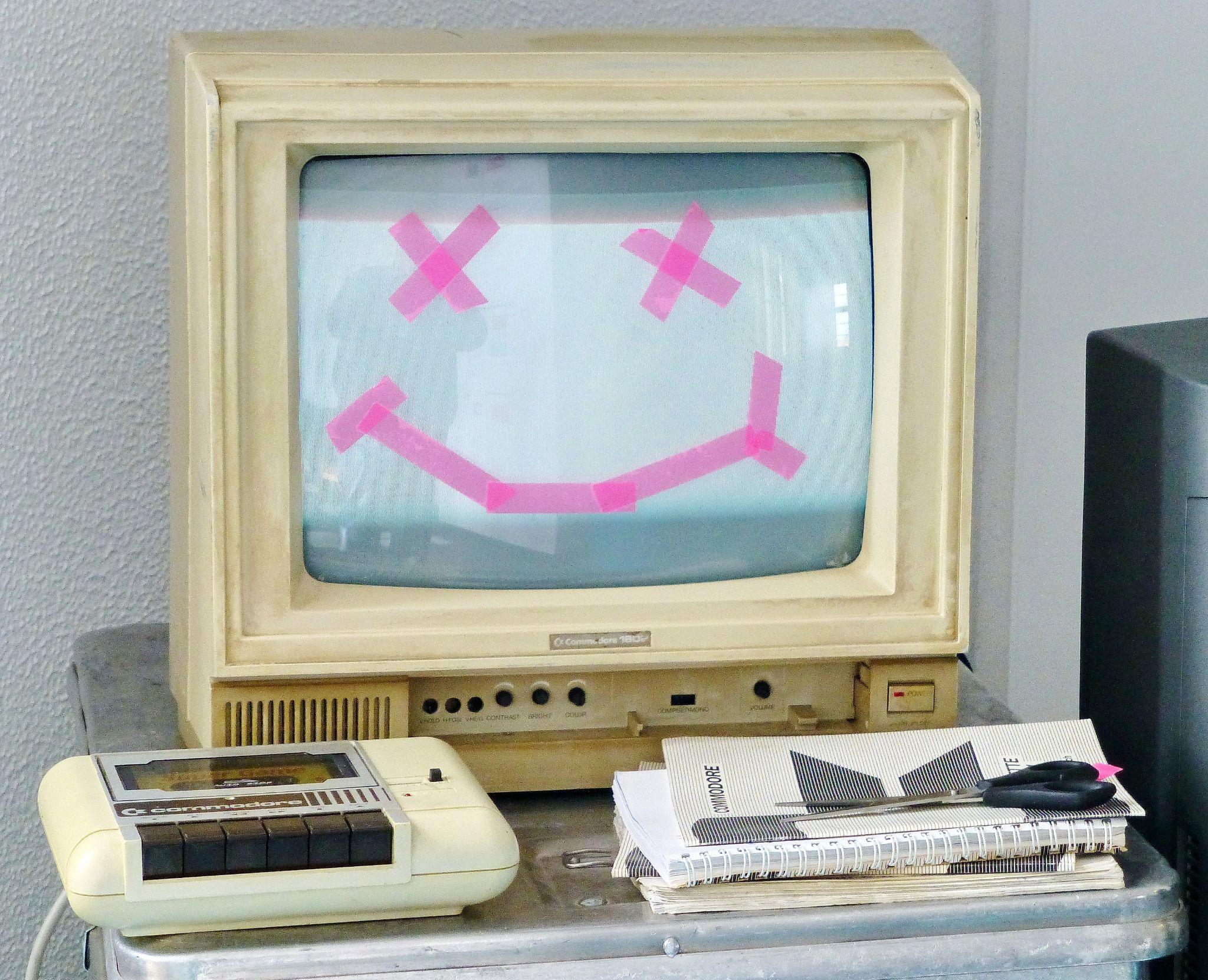Gaming PCs are great until they start lagging
Programs take too long to start and you have to play your favorite games in lower resolutions.
If you feel that your gaming PC has less performance than it once had then this article is for you.
In this article, we have listed six reasons for which your gaming PC is lagging and how to fix them.
Let’s get straight into it.
Too many apps running in the background
Apps running in the background consume your system memory and reduce your PC’s performance. With time, your PC starts up with more and more apps running in the background which results in lagged performance. Prune those startup apps and only keep the ones necessary.
Solution: If you are a Windows 10 user, go to Settings>Apps>Startup to manage your startup apps. If you are a Mac user, go to System Preferences>User & Groups>Login Items to manage your startup applications.
You can also use Task Manager for Windows and Activity Monitor for Mac to terminate applications that are not responding but consuming system memory.
Your PC has viruses/malware
One of the most common reasons your PC is losing performance is because of malware attacks. They consume a sizable amount of your system’s memory leaving little for other programs that you actually use. Malware can also affect your hardware by damaging the files and corrupting the components.
Solution: If your PC is infected with malware, disconnect from the internet and log in via Safe Mode. Then proceed to clean temporary and cache files. Check the ‘Task Manager’ or ‘Activity Monitor’ for any unusual applications and terminate them. Use a reliable malware scanner to clean your PC. In the worst-case scenario, you might have to format your PC entirely.
Prevention is better than cure. Take simple preventive measures like avoiding malicious-looking websites and downloading inauthentic software so that this never happens.
Outdated OS and apps
Not keeping your operating system and relevant applications updated will surely slow your PC down. Outdated software is not only a security risk (another reason for a lagging PC), they also consume more memory. Updates have security patches that can help your PC maintain performance.
Solution: If you are a Mac user use the Apple icon on the corner of the screen and go to System Preferences>Software Update. If you are using Windows 10, search “Windows Update” in the ‘Start’ menu and go to ‘Windows Update’ from the results.
In order to update apps, you have to either check the app store or manually update them.
Your PC is due a clean up and a defrag
Disk Cleanup and defrag are two of the most ignored PC maintenance tips. These two practices help you get rid of temporary files, cache files, and duplicates and rearrange your disk’s storage. Disk defragmenting puts all the empty storage units together in your hard drive.
Solution: This only concerns Windows users. Just search for “Disk Cleanup” and “Defragment and Optimize Drives” in the ‘Start’ search bar and follow the instructions.
The hardware is corrupt or damaged
Programming errors, extensive use, overheating, and manufacturing defects can cause your system’s hardware to worsen exponentially. For example, if you are getting a blue screen, or your system is getting restarted without warning, it means that the RAM is corrupted or damaged. This can happen to other hardware components as well. Blue screen and your computer not starting up are famous signs of a corrupt hard disk. There are many reasons for which it could happen including malware attacks, inconsistent power supply, and overheating.
Improper PC maintenance habits generally result in damaged hardware. For example, not cleaning your CPU fan regularly is a great way to damage your processor.
Solution: Clean your PC from time to time. Keep it in a clean environment. Pay attention to the warning signs.
Your PC hardware needs an upgrade
If you went through all the above solutions and your PC is still lagging, you are in need of an upgrade. It is often hard to say which component needs to be upgraded for the biggest leap in performance. For example, in some cases swapping an HDD for an SSD works wonders. In other cases, you might need to upgrade the graphics card. It is advised to start with the oldest (most outdated) component in your PC because in most cases they are the determining factor.
Solution: Keep the CPU and the motherboard as the last options. Only change the motherboard if your new CPU is not compatible with the existing one. Start with the RAM, storage drive(s), and the graphics card. Make sure you check the compatibility first.
Wrapping up
For a PC owner, a lagging PC is the worst problem to have. However, it is a solvable problem and in most cases, you won’t need to spend any money! Just keep this guide handy and follow the tips we mentioned above. By becoming a responsible PC owner, you can solve most of the problems.
Happy gaming!



